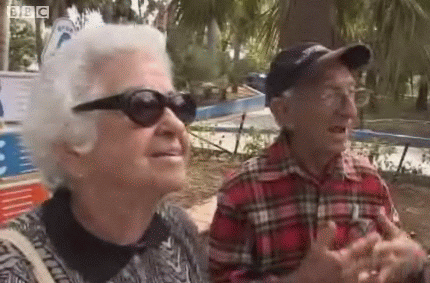El Caribe,
Dominican Republic
Obama's Task at
Summit of the Americas: R-E-S-P-E-C-T
"Obama's
challenge will be to strengthen the U.S. presence in the region, lend his ear
to the most urgent needs of his colleagues and take part in the search for
alternative solutions in the areas of education, health and combating narco-trafficking, while at the same time, maintaining an
attitude of respect for the autonomy of each country."
By Celso
Marranzini*
Translated By Barbara Howe
April 13, 2009
Dominican
Republic- El Caribe - Original Article (Spanish)
Although many thought it impossible, he became president of
the United States despite a lack of experience, his name and his skin
color.
However, President Obama, with his youth and forthrightness,
the direct manner with which he speaks to the public, his ability to recognize
mistakes and offer bold solutions, all signal that the election choice of U.S.
citizens was the correct one.
He has arrived at this lofty position just as the North
American nation is passing through one of its worst moments.
Even in Latin America, the location of its nearest
neighbors, the atmosphere couldn't be worse: There is a return to socialism,
led by a president that manages resources and institutions according to his whim
[reference to Hugo Chavez], and who is dedicated to dragging down his own
nation's great economic strength along with many other countries discontented
with the indifference they have received at the hands of the North Americans.
In his recent trip to the G20 summit he demonstrated his
leadership before a Europe that is traditionally hostile to the U.S.,
particularly before the French, who for years have without pretense, shown
little sympathy for the world's greatest power.
The positive results of this meeting, in which President
Obama demonstrated great leadership, are likely to pay dividends in the days
ahead.
Financial support from the International Monetary Fund, the
World Bank and the Inter-American Development Bank is of great importance,
because they can provide the resources necessary to maintain macroeconomic
stability of Latin American nations, which in turn will revive demand.
This will also produce positive effects on the U.S. economy,
which remains mired in great crisis. The nations of Latin America are the best
commercial partners for the U.S.

Cubans
react to news that the Obama Administration has taken
steps
to allow people in the United States to travel to Cuba and
for
citizens in the U.S. to send money to relatives on the island.
CLICK
PHOTO OR CLICK
HERE TO WATCH FROM BBC 
Some leaders emerged from the summit with an understanding
of the need for unity and a recognition of past
mistakes. But above all, they saw the need to maintain the openness of world
markets and of creating effective controls which would prevent the greed and
complicity of regulators, politicians and businesspeople.
The next summit that President
Obama will attend will be with Latin American presidents in the Port of Spain
[Trinidad & Tobago]. Obama's challenge will be to strengthen the U.S.
presence in the region, lend his ear to the most urgent needs of his colleagues
and take part in the search for alternative solutions in the areas of education,
health and combating narco-trafficking, while at the
same time, maintaining an attitude of respect for the autonomy of each country.
Obama’s talent and his capacity to confront problems bode
well for a good performance on his part.
*Celso Marranzini
is an entrepreneur
SEE ALSO ON THIS:
El Universal,
Venezuela: Of Obama and Chavez:
'Unconditional' Meetings and 'Equal' Treatment
El Caribe, Dominican
Republic: Obama's
Task at Summit of the Americas: R-E-S-P-E-C-T
Gazeta, Russia:
Castro and Chavez Split
Over Obama
Semana, Colombia:
Around the World, Politicians
Have Learned from Nixon
Tal Cual, Venezuela:
Crimes of Hugo Chavez Worse
than Richard Nixon's
CLICK HERE FOR SPANISH
VERSION
[Posted by WORLDMEETS.US April 13, 8:29pm]